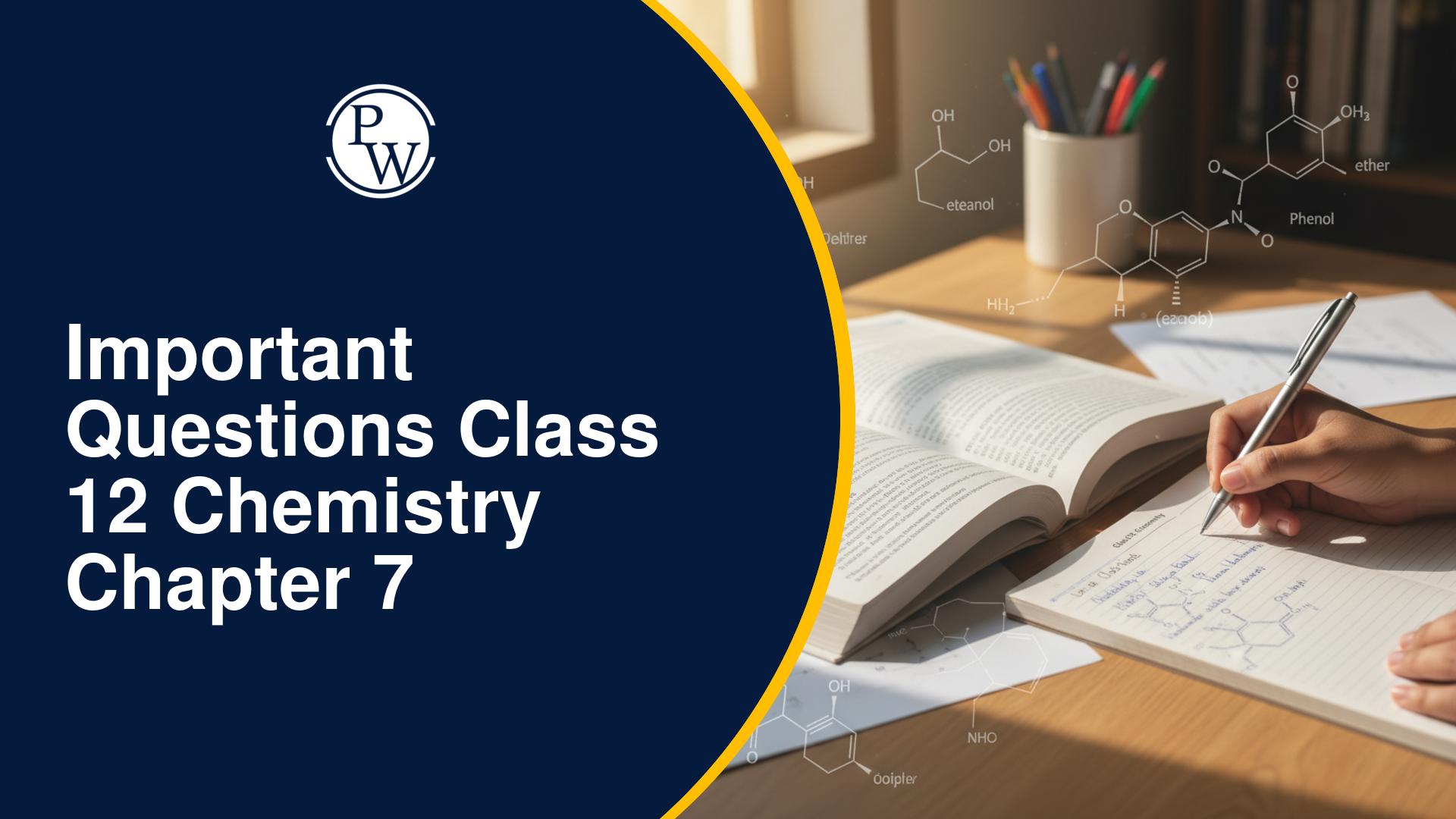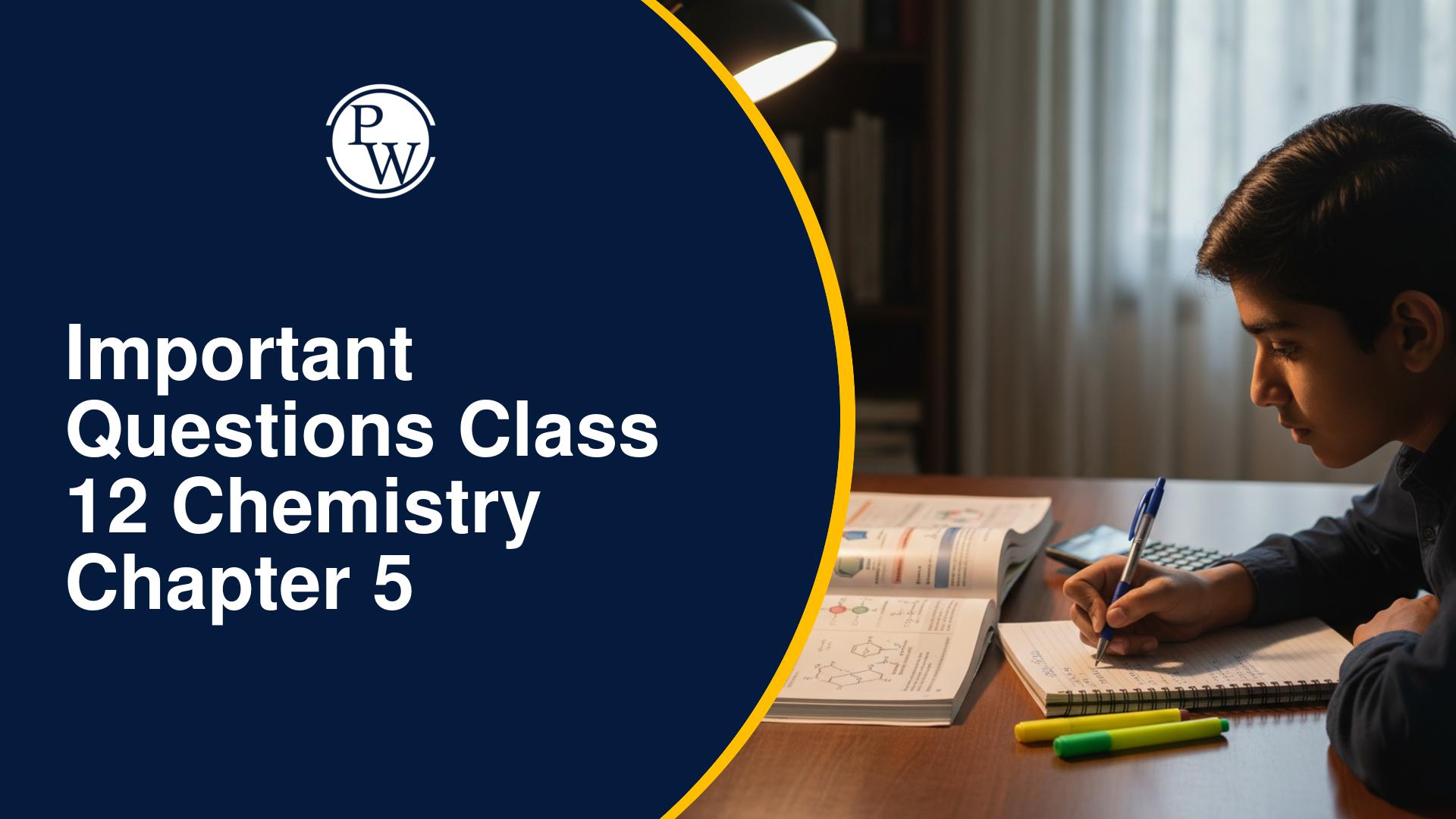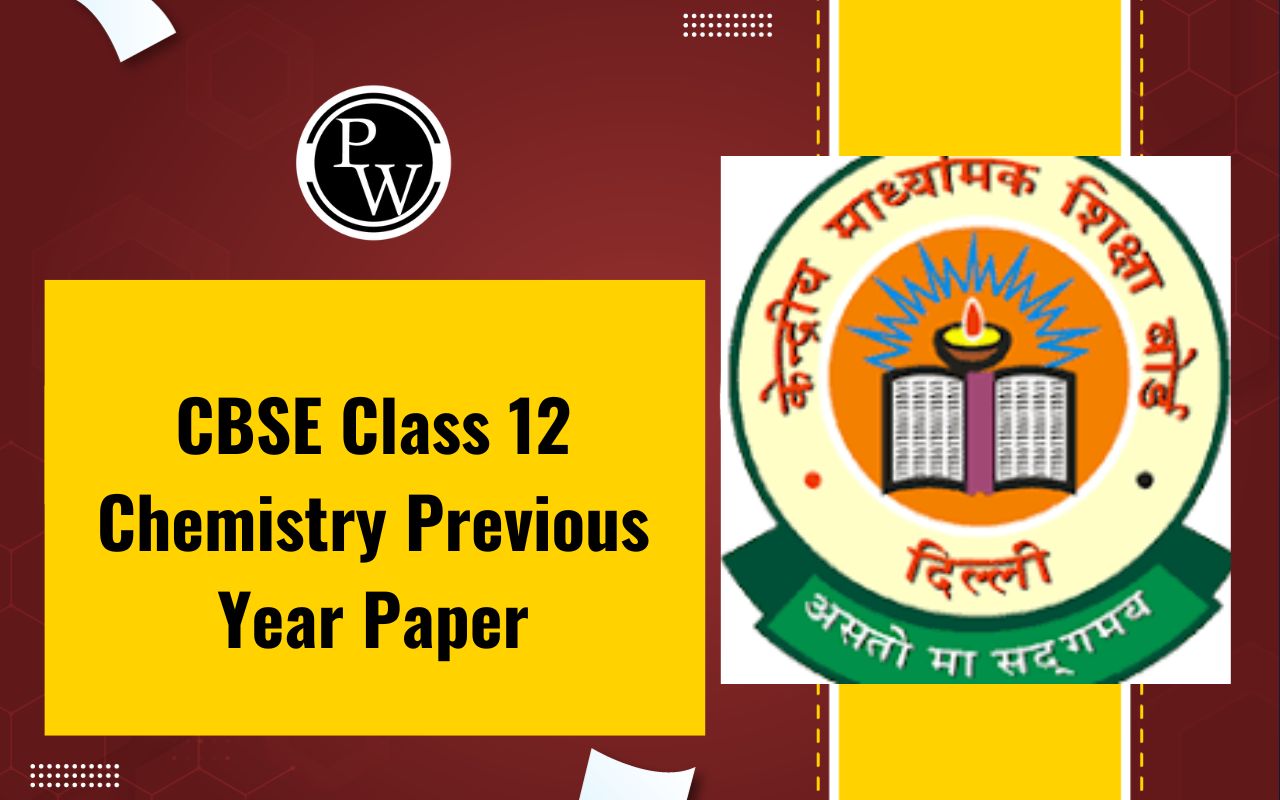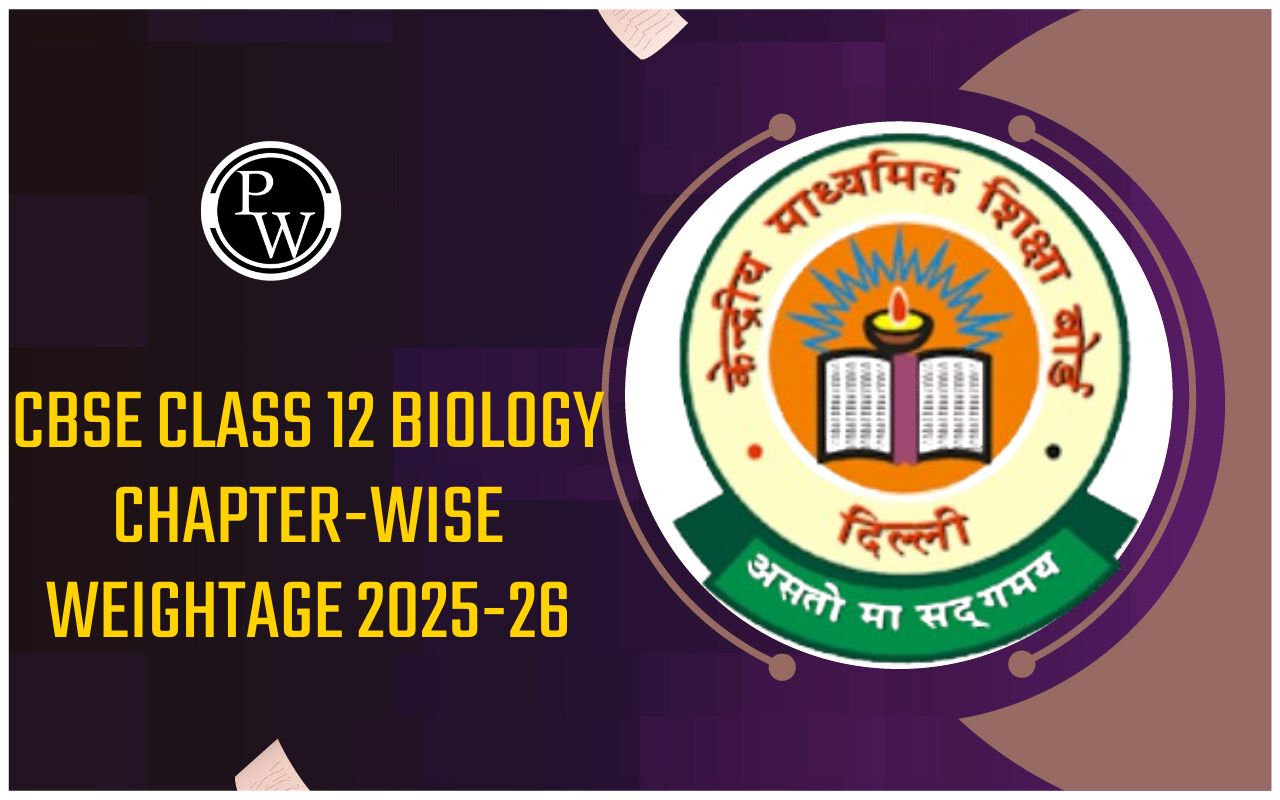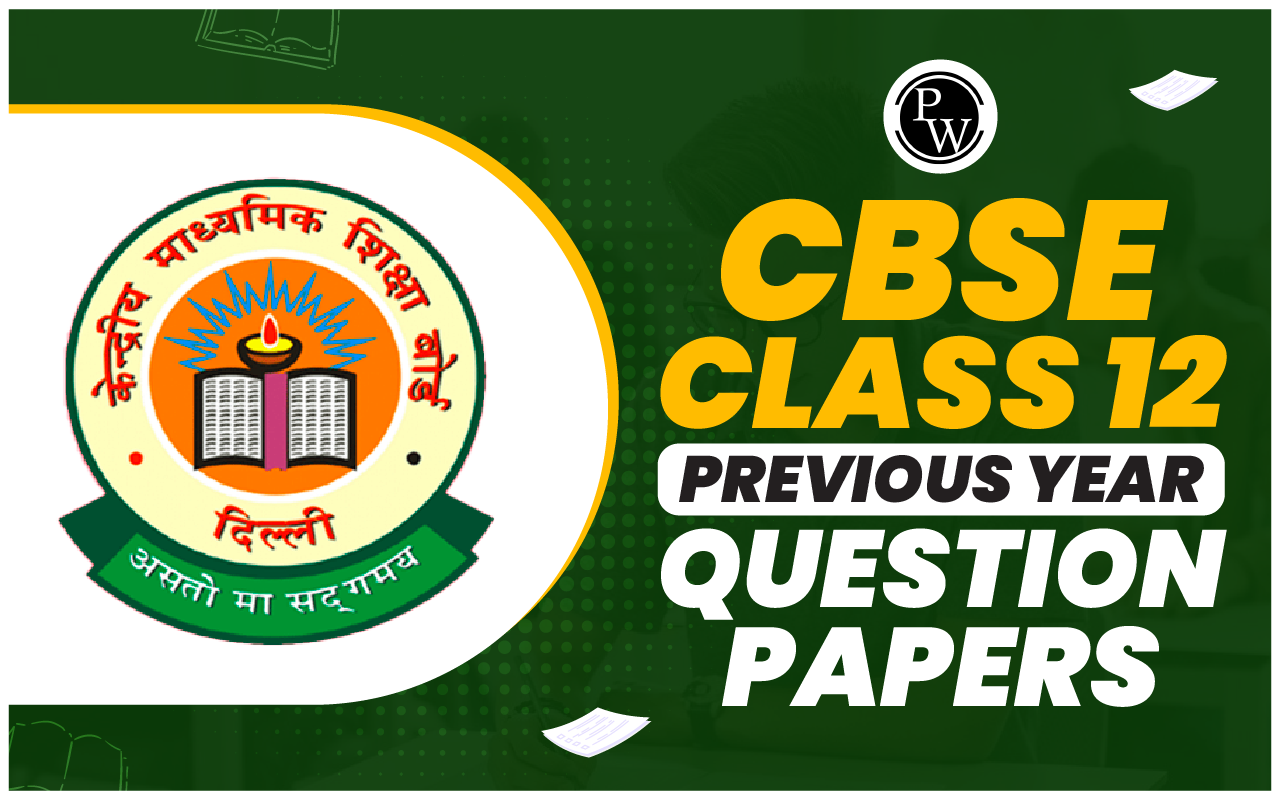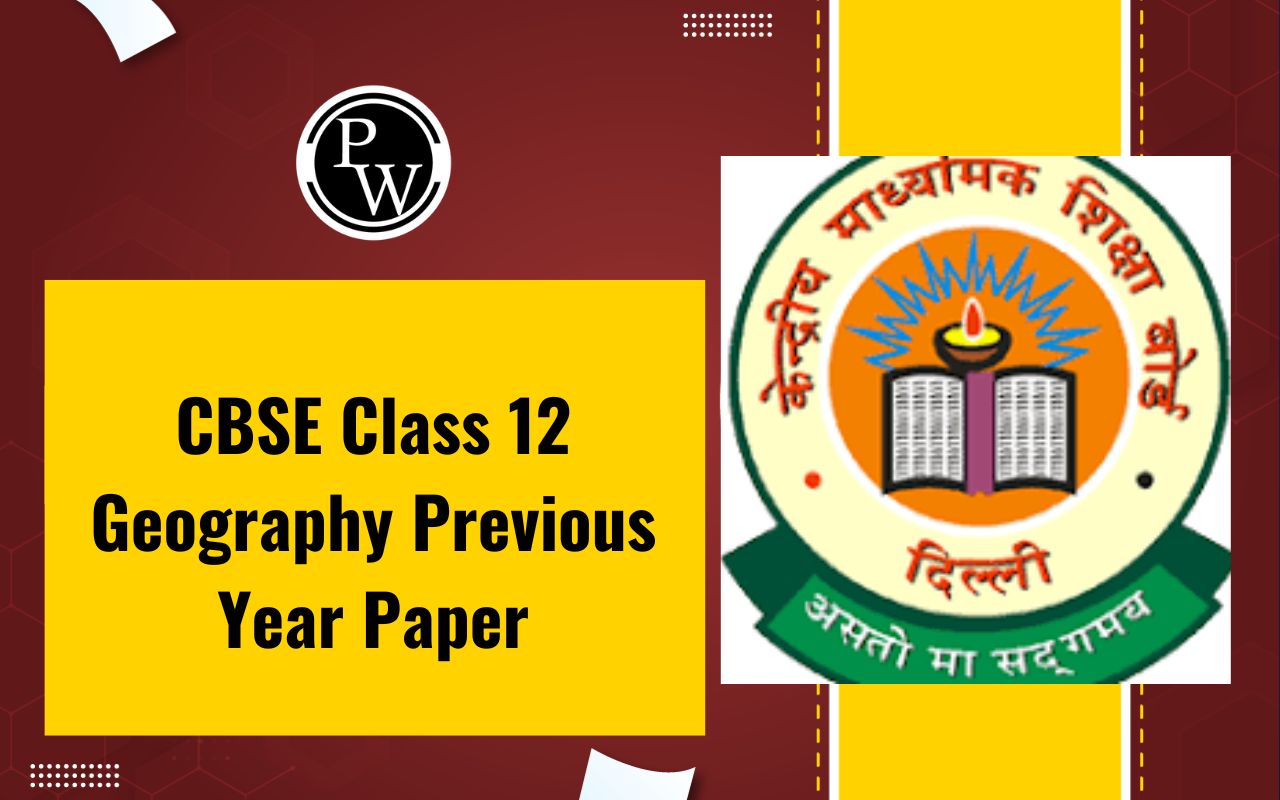
CBSE Class 12 History Previous Year Question Paper: The CBSE Class 12 History Previous Year Papers are valuable resources for students preparing for their board exams. These papers provide an insight into the exam pattern, types of questions, and the level of difficulty they face in the exams.
By solving previous year papers, students can familiarize themselves with the marking scheme and time management strategies, enabling them to approach the exam with confidence. It also helps in identifying important topics that frequently appear in the exams, allowing students to focus their revision effectively. Practicing these papers is an excellent way to assess one's preparation and improve speed and accuracy under exam conditions.CBSE Class 12 History Topic-Wise Marks Distribution 2024-25
The CBSE Class 12 History curriculum for the 2024-25 board exam is divided into three parts, each focusing on different themes that students need to study. The marks distribution for each theme is as follows:CBSE Class 12 History Previous Year Paper FAQs
Why should I solve CBSE Class 12 History previous year question papers?
Solving previous year question papers helps you understand the exam pattern, types of questions, and the weightage of different topics.
How do previous year papers help in understanding the exam pattern?
By solving past papers, you gain insight into the format of the exam, the number of questions, types of questions (e.g., short answer, long answer, map-based questions), and the division of marks across different themes. This helps you prepare effectively for the actual exam.
What is the best way to use previous year question papers for preparation?
The best way is to solve the papers under timed conditions, simulating the actual exam environment. After solving, review your answers, identify mistakes, and understand why certain questions were challenging. This helps in focusing on weaker areas and refining your knowledge.
How many previous year papers should I solve before the exam?
It’s recommended to solve at least 5-10 years of previous year question papers to get a thorough understanding of the recurring topics and the exam structure. However, ensure that you have enough time to revise the syllabus as well.
🔥 Trending Blogs
Talk to a counsellorHave doubts? Our support team will be happy to assist you!

Free Learning Resources
PW Books
Notes (Class 10-12)
PW Study Materials
Notes (Class 6-9)
Ncert Solutions
Govt Exams
Class 6th to 12th Online Courses
Govt Job Exams Courses
UPSC Coaching
Defence Exam Coaching
Gate Exam Coaching
Other Exams
Know about Physics Wallah
Physics Wallah is an Indian edtech platform that provides accessible & comprehensive learning experiences to students from Class 6th to postgraduate level. We also provide extensive NCERT solutions, sample paper, NEET, JEE Mains, BITSAT previous year papers & more such resources to students. Physics Wallah also caters to over 3.5 million registered students and over 78 lakh+ Youtube subscribers with 4.8 rating on its app.
We Stand Out because
We provide students with intensive courses with India’s qualified & experienced faculties & mentors. PW strives to make the learning experience comprehensive and accessible for students of all sections of society. We believe in empowering every single student who couldn't dream of a good career in engineering and medical field earlier.
Our Key Focus Areas
Physics Wallah's main focus is to make the learning experience as economical as possible for all students. With our affordable courses like Lakshya, Udaan and Arjuna and many others, we have been able to provide a platform for lakhs of aspirants. From providing Chemistry, Maths, Physics formula to giving e-books of eminent authors like RD Sharma, RS Aggarwal and Lakhmir Singh, PW focuses on every single student's need for preparation.
What Makes Us Different
Physics Wallah strives to develop a comprehensive pedagogical structure for students, where they get a state-of-the-art learning experience with study material and resources. Apart from catering students preparing for JEE Mains and NEET, PW also provides study material for each state board like Uttar Pradesh, Bihar, and others
Copyright © 2026 Physicswallah Limited All rights reserved.

